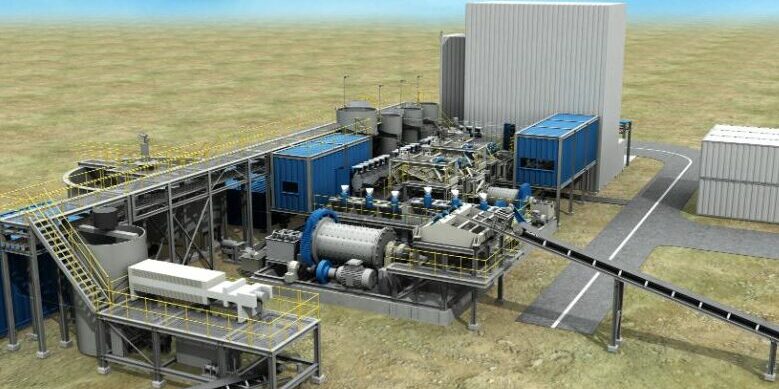
Toronto-based battery minerals developer NextSource Materials has disclosed favorable outcomes from a feasibility study exploring the expansion prospects of its Molo graphite mine in Madagascar. The study indicates highly promising economic viability, as per the company’s report.
The proposed expansion entails augmenting the Molo mine’s current Phase 1 production capacity by erecting an independent processing plant, aiming to elevate steady-state production to 150,000 tons per year of SuperFlake graphite concentrate, projecting a mine life span of 25 years.
The feasibility study estimates a capital outlay of $161.7 million, yielding a pre-tax net present value of $424.1 million, calculated at an 8% discount rate, coupled with a pre-tax internal rate of return standing at 31.1%.
The envisioned expansion contemplates constructing an adjacent processing plant alongside the current Phase 1 infrastructure, currently undergoing production ramp-up.
NextSource plans to employ its innovative modular construction approach, previously successful in constructing the Phase 1 processing plant.
This strategy significantly reduces construction duration and related expenses compared to conventional mining projects, according to the company.
Craig Scherba, President and CEO of NextSource, expressed satisfaction with the study’s validation of the financial promise embedded in a larger-scale operation.
Scherba highlighted the relevance of this expansion in meeting the rising market demand for flake graphite, especially in electric vehicle (EV) batteries.
He emphasized the strategic significance, especially in light of recent export constraints imposed on graphite from China, positioning NextSource as a major global supplier poised for vertical integration to meet the EV battery market’s needs.
While the company has yet to finalize a construction decision for the expansion, discussions are underway with strategic partners to assess the optimal timing and explore available funding options for this potential mine enhancement.





